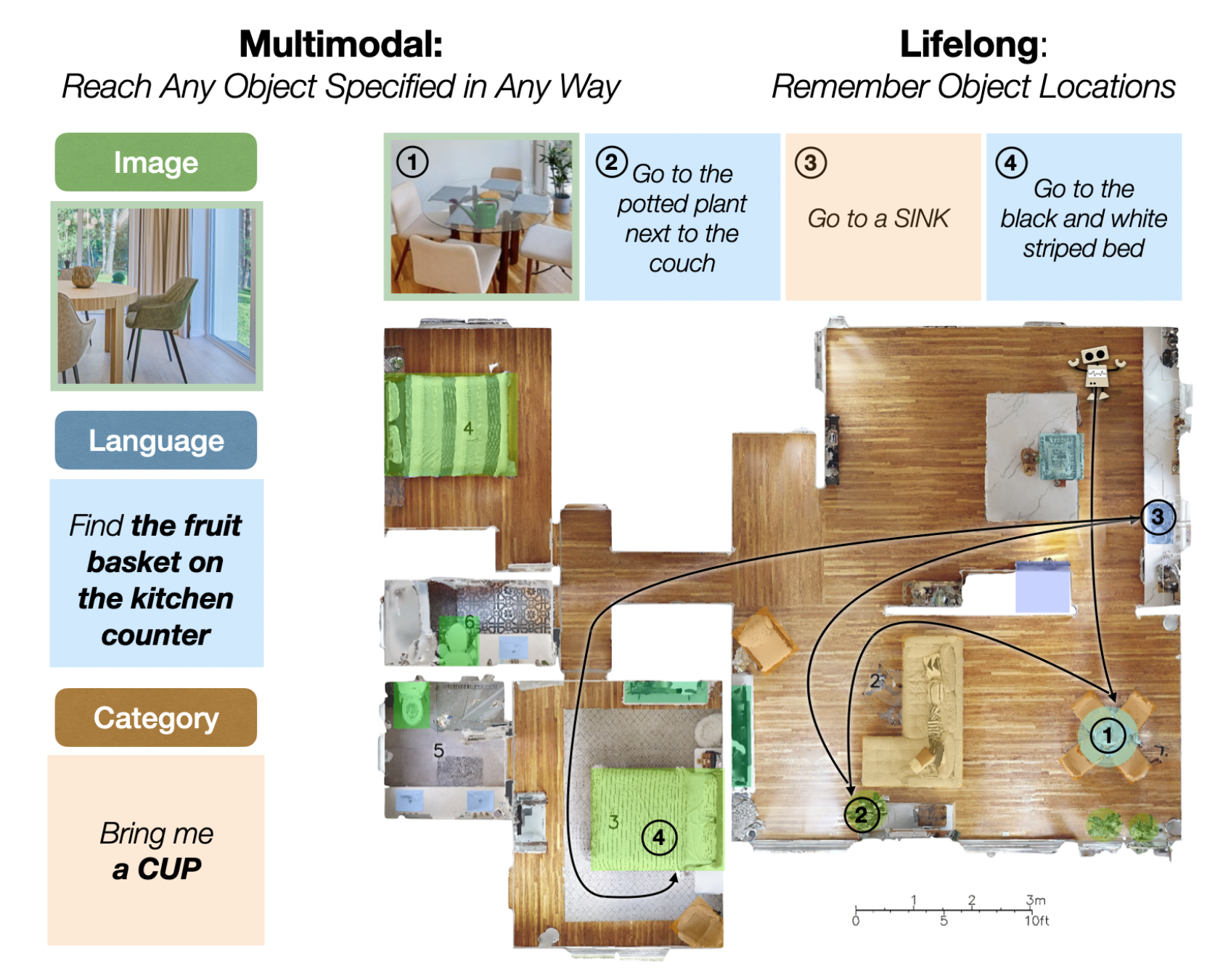In robotics, natural language is an accessible interface for guiding robots, potentially empowering individuals with limited training to direct behaviors, express preferences, and offer feedback. Recent studies have underscored the inherent capabilities of large language models (LLMs), pre-trained on extensive internet data, in addressing various robotics tasks. These tasks range from devising action sequences based on language commands to generating robot code. Multi-turn interactions enable real-time feedback incorporation, fostering adaptability and learning. However, the challenge lies in the LLMs’ ability to retain contextual information over prolonged interactions, leading to forgetting previous instructions beyond a certain horizon.
Addressing these challenges, ongoing research endeavors seek to enhance the teachability of LLMs for robot tasks by enabling them to retain contextual information from previous interactions. Teachability becomes a focal point, measured by the average number of human inputs required for a robot to complete a task in multi-turn language-based human-robot interaction (HRI). Existing approaches, such as summarizing human feedback or preferences for future reference, encounter limitations in generalizing beyond training tasks
A novel approach emerges, aiming to augment teachability through a fusion of in-context learning for rapid adaptation during interactions and model fine-tuning for long-term enhancement. This approach treats human-robot interactions as a partially observable Markov decision process (POMDP), enabling the LLM to predict future interactions and integrate this predictive capability with classic robotics techniques like model predictive control (MPC). The resultant framework, coined Language Model Predictive Control (LMPC), empowers the LLM to anticipate forthcoming interactions and make optimal real-time decisions.
Extensive experimental validation, incorporating blind A/B evaluations, underscores the efficacy of fine-tuning with LMPC in enhancing the teachability of LLMs across diverse robot tasks and embodiments. LMPC outperforms retrieval baselines and demonstrates robust generalization to unseen tasks and robot application programming interfaces (APIs). Moreover, top-user-conditioned LMPC, which prioritizes data from proficient users, amplifies performance across all users and functions, showcasing its efficacy in leveraging varied teaching inputs.
Despite promising outcomes, this approach exhibits inherent limitations and prompts avenues for future exploration. Detailed discussions regarding these limitations and prospects for future research are provided. The authors plan to release supplementary materials, including videos, code, and datasets, to facilitate further investigation and advancements in this burgeoning field of human-robot interaction.
In conclusion, integrating natural language processing with robotics holds immense promise in democratizing robot programming and enhancing human-robot interaction. The proposed LMPC framework represents a significant step forward in improving the teachability of LLMs for robot tasks by combining rapid adaptation during interactions with long-term model fine-tuning. As research in this domain progresses, advancements in LMPC and related methodologies can potentially revolutionize how robots are taught and interact with humans. By addressing contextual retention and generalization challenges, LMPC paves the way for more intuitive and efficient collaboration between humans and robots, opening doors to a wide range of applications across industries and domains.
Check out the Paper and Project. All credit for this research goes to the researchers of this project. Also, don’t forget to follow us on Twitter and Google News. Join our 38k+ ML SubReddit, 41k+ Facebook Community, Discord Channel, and LinkedIn Group.
If you like our work, you will love our newsletter..
Don’t Forget to join our Telegram Channel
You may also like our FREE AI Courses….
Arshad is an intern at MarktechPost. He is currently pursuing his Int. MSc Physics from the Indian Institute of Technology Kharagpur. Understanding things to the fundamental level leads to new discoveries which lead to advancement in technology. He is passionate about understanding the nature fundamentally with the help of tools like mathematical models, ML models and AI.



